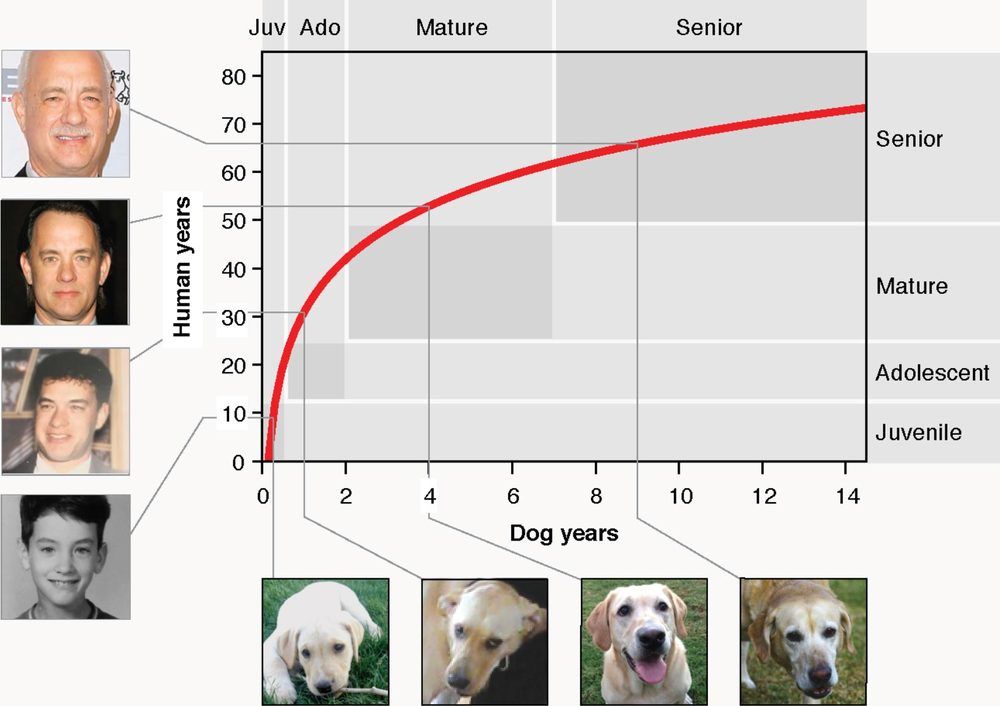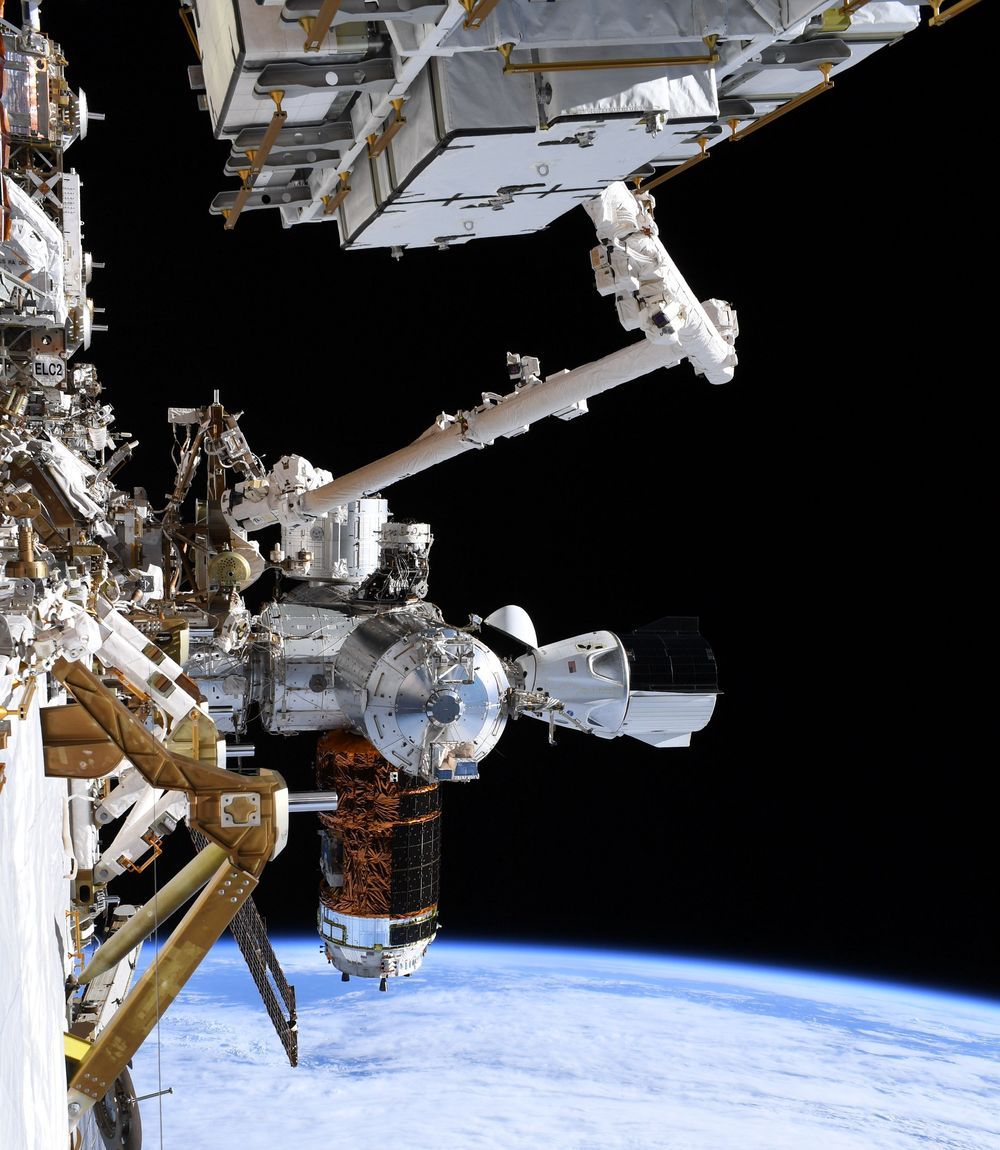As researchers worldwide work toward a potential quantum internet, a major roadblock remains: How to build a device called a quantum repeater.



Software Wars is a 70 minute documentary about the ongoing battle between proprietary versus free and open-source software. The more we share scientific information, the faster we can solve the challenges of the future. It also discusses biology and the space elevator.
Here is the feature trailer:
For now, you can watch the movie for free or download it via BitTorrent here: https://video.detroitquaranteam.com/videos/watch/07696431…ac9c7d22b1

Lurking just beneath the surface of just about every common nursery rhyme is a complex record of times long gone. For example, the “crooked man” who “laid a crooked sixpence upon a crooked style” was none other than the great 17th-century Scot General Sir Alexander Leslie. The crooked stile was the uneasy border between Scotland and England established by the controversial covenant he signed. Quite similarly, many enigmatic structures that permanently persist or otherwise transiently appear and resorb in the development of the nervous systems of many creatures also encode a rich evolutionary past.
One such functioning relic is Reissner’s fiber, a glycoprotein sheet secreted by the subcommissural organ (SCO) that inexorably treadmills down the central canal of the spinal cord. Although the SCO was one of the first structures of the mammalian brain to differentiate, in humans, it begins regressing around age three or four and typically becomes vestigial by adulthood. The main component of Reissner’s fiber is a giant 5000-amino-acid vertebrate molecule called SCO-spondin. This protein contains axonal pathfinding domains critical to development of the posterior commissure, a transhemispheric highway that bears axons controlling the pupillary light reflex.
The other product of the SCO is a thyroid-hormone-transporting protein called transthyretin. Much like all the organified metals fixed by life, iodine has a unique story to tell in the evolution of the body plan. Recently, an intriguing connection between Reissner’s fiber and development of the spine that houses it has been discovered in the model organism, zebrafish. These fish, as recently observed for the serotonergic control of neurogenesis, have proven to be an exemplary model for studying all things neural. In the latest issue of Current Biology, author Nathalie Jurisch-Yaksi reviews a remarkable confluence of ideas that establish an indisputable role for Reissner’s membrane building a straight and strong spine.


In a world’s first, researchers in France and the U.S. have performed a pioneering experiment demonstrating “hybrid” quantum networking. The approach, which unites two distinct methods of encoding information in particles of light called photons, could eventually allow for more capable and robust communications and computing.
Similar to how classical electronics can represent information as digital or analog signals, quantum systems can encode information as either discrete variables (DVs) in particles or continuous variables (CVs) in waves. Researchers have historically used one approach or the other—but not both—in any given system.
“DV and CV encoding have distinct advantages and drawbacks,” says Hugues de Riedmatten of the Institute of Photonic Sciences in Barcelona, who was not a part of the research. CV systems encode information in the varying intensity, or phasing, of light waves. They tend to be more efficient than DV approaches but are also more delicate, exhibiting stronger sensitivity to signal losses. Systems using DVs, which transmit information by the counting of photons, are harder to pair with conventional information technologies than CV techniques. They are also less error-prone and more fault-tolerant, however. Combining the two, de Riedmatten says, could offer “the best of both worlds.”

If there’s one myth that has persisted through the years without much evidence, it’s this: multiply your dog’s age by seven to calculate how old they are in “human years.” In other words, the old adage says, a four-year-old dog is similar in physiological age to a 28-year-old person.
But a new study by researchers at University of California San Diego School of Medicine throws that out the window. Instead, they created a formula that more accurately compares the ages of humans and dogs. The formula is based on the changing patterns of methyl groups in dog and human genomes — how many of these chemical tags and where they’re located — as they age. Since the two species don’t age at the same rate over their lifespans, it turns out it’s not a perfectly linear comparison, as the 1:7 years rule-of-thumb would suggest.

Crew Dragon offers views of Earth and Robert Zubrin calls for developing the asteroid belt. Could Starlink work with an RV? It’s Musk Reads: SpaceX Edition #181.
A version of this article appeared in the “Musk Reads” newsletter. Sign up for free here.

A team of researchers affiliated with several institutions in South Korea has found that stimulating production of a certain enzyme in roundworms can increase their lifespan. In their paper published in the journal Science Advances, the group describes their study of the protein VRK-1 and what they learned about its impact on the longevity of roundworms.
Prior research has shown that one way to increase longevity in some species is to use techniques that slow down mitochondrial respiration. In this new effort, the researchers were looking to better understand why slowing energy use in mitochondria has an impact on aging. As part of their effort, they looked at an energy sensor in mitochondria called adenosine 5’-monophosphate-activated protein kinase (AMPK), known to play a role in controlling how much energy is used in cells in roundworms. Prior research had suggested its level of activity is controlled by the protein VRK-1. To learn more about its impact on aging, the researchers genetically engineered two lines of roundworms to force them to produce more VRK-1 and two lines of roundworms to force them to produce less VRK-1. They then monitored the roundworms to see how long they lived.
The researchers found those roundworms expressing more than the normal amount of VRK-1 tended to live longer than average, while those expressing less than average amounts of VRK-1 had shorter lifespans. More specifically, control worms representing the normal lifespan of a roundworm lived on average 16.9 days. In their experiments, one of the lines expressing more VRK-1 lived on average 20.8 days, while the other lived on average 23.7 days. And one of the lines producing less VRK-1 lived on average just 12.7 days and the other just 15.9 days. The researchers suggest this finding indicates that VRK-1 has a direct impact on roundworm longevity.
